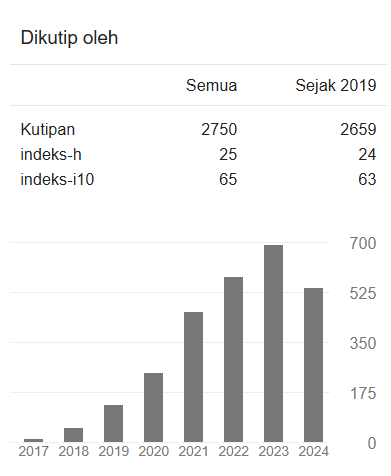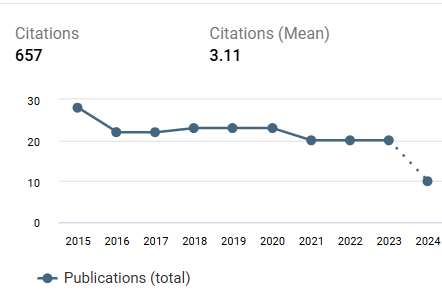MENYOAL KUALIFIKASI DAN KOMPETENSI PROFESI GURU: KEGAGALAN LPTK ATAU PELUANG
DOI:
https://doi.org/10.22219/jinop.v14i2.5864Keywords:
Kualifikasi tenaga kependidikanAbstract
pada awal abad 20 ini, dunia pendidikan indonesia menghadapi 3 tantangan besar yaitu sebagai akibat krisis ekonomi, dituntuk untuk mempertahankan hasil-hasil pembangunan pendidikan yang telah dicapai, (2) untuk antisipasi era gelobal , dituntut untuk mempersiapkan SDM yang kompeten agar mampu bersaing, (3) sejalan dengan otonomi daerah, perlu adanya perubahan dan penyesuaian sistem pendidikan nasional. untuk menjawab tantangan ini memerlukan perhatian dan komitmen bersama yang di motori pemerintah melalui kebijakan pembangunan pendidikan.sebagai suatu profesi, terdapat sejumlah kompetensi yang besar dimiliki oleh seorang pendidik, yaitu kompetensi pribadi, kompetensi profesional, dan kompetensi sosial kemasyarakatan (Wina Sanjaya,2005). pemerintah juga secara tegas mengatakan hal tersebut dengan mengeluarkan peraturan pemerintah. PP No.19 tahun 2005 (SNP) mensyaratkan bahwa (Paulina, 2006) standar pendidik dan tenaga kependidikan harus memeliki kualifikasi akademik dan kompetensi (pedagogik, kepribadian, profesional, sosial) sebagai agen pembelajaran, sehat jasmani dan rohani , serta memiliki kemampuan untuk mewujudkan tujuan pendidikan nasional.Key Wood : Kualifikasi tenaga kependidikanDownloads
Download data is not yet available.
Downloads
Published
05/30/2018
How to Cite
Effendi, M. M. (2018). MENYOAL KUALIFIKASI DAN KOMPETENSI PROFESI GURU: KEGAGALAN LPTK ATAU PELUANG. JINoP (Jurnal Inovasi Pembelajaran), 14(2), 141–148. https://doi.org/10.22219/jinop.v14i2.5864
Issue
Section
Articles
License
Copyright Notice
Authors who publish with JINoP (Jurnal Inoasi Pembelajaran) agree to the following terms:
- For all articles published in the JINoP (Jurnal Inovasi Pembelajaran), copyright is retained by the authors. Authors give permission to the publisher to announce the work with conditions. When the manuscript is accepted for publication, the authors agree to the automatic transfer of the publishing right to the publisher.
- Authors retain copyright and grant the journal the right of first publication with the work simultaneously licensed under a Creative Commons Attribution 4.0 International License. that allows others to share the work with an acknowledgment of the work's authorship and initial publication in this journal.
- Authors are able to enter into separate, additional contractual arrangements for the non-exclusive distribution of the journal's published version of the work (e.g., post it to an institutional repository or publish it in a book), with an acknowledgment of its initial publication in this journal.
- Authors are permitted and encouraged to post their work online (e.g., in institutional repositories or on their website) prior to and during the submission process, as it can lead to productive exchanges, as well as earlier and greater citation of published work (See The Effect of Open Access).







